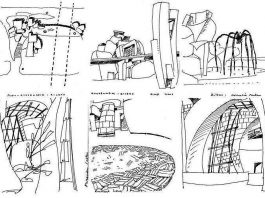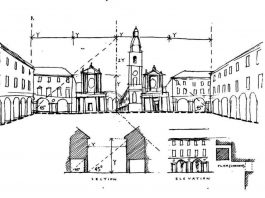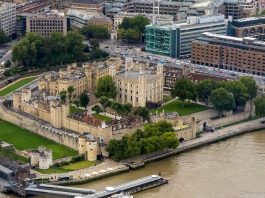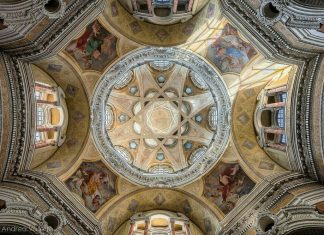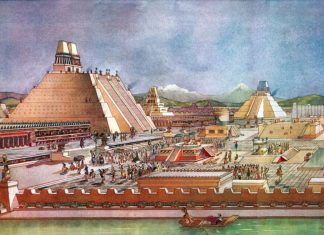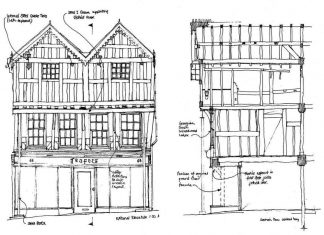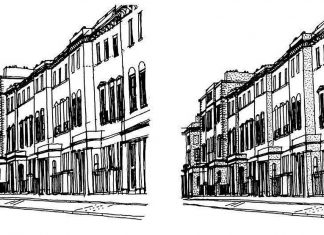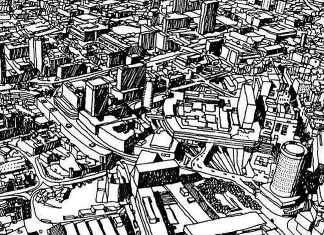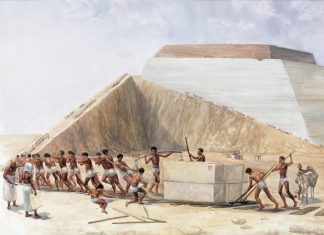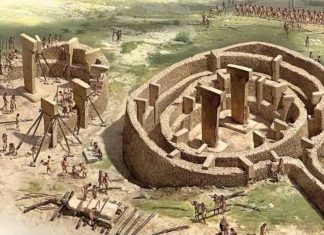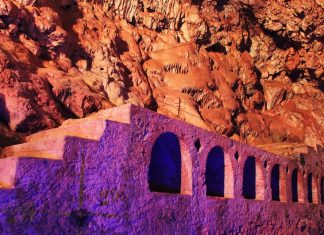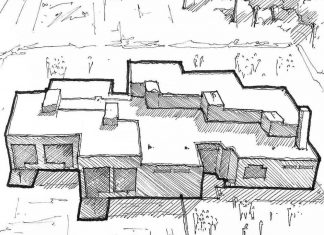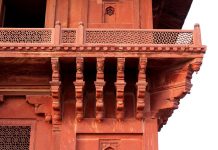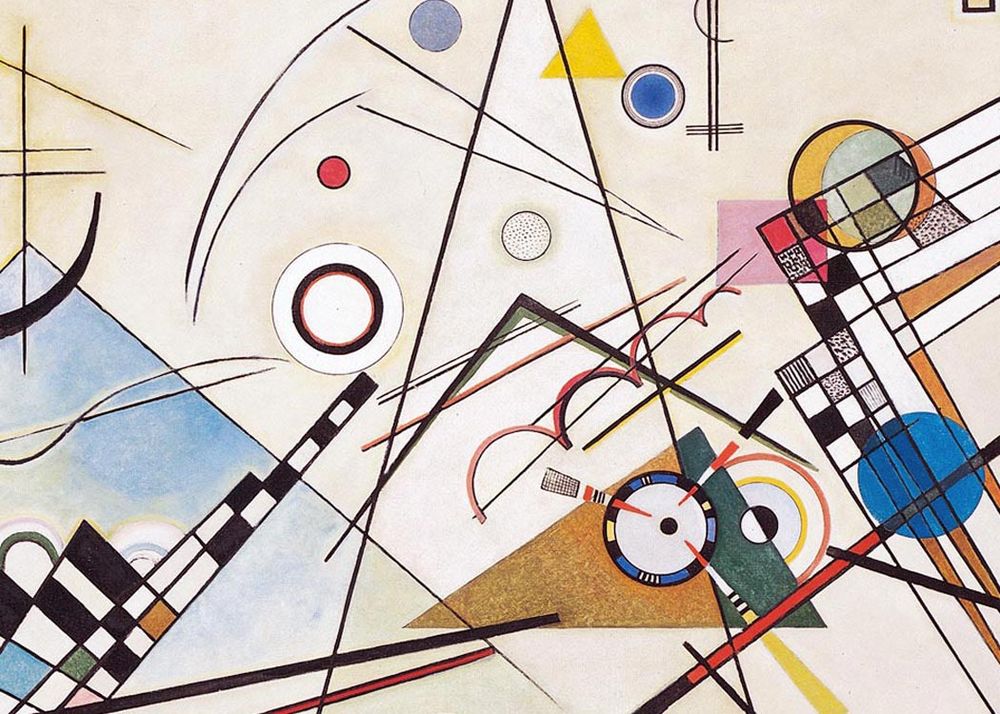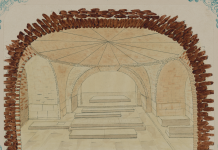Regionalism
A number of architects have felt the need to counter the “international” aspect of modern architecture. They prefer their buildings to express or respect...
Guarino Guarini: the First ‘Baroque’ architect
In her contribution to the conference Guarino Guarini e l’internazionalità del barocco of 1968, silvia bordini presented a historical overview of the criticism of...
Architecture and oblivion. The Great Temple of Tenochtitlan
The majority of the Mayan cities, including those of the Classical period (roughly 250–900 CE) were rather dispersed settlements, adapted to a lowland tropical...
Composition
An appreciation of composition is particularly important when drawing buildings and cities. The abstract nature of architecture means that sketches have to be well...
Line and shade
Sketching the outline of objects can lead to rather featureless and abstract drawing. Although one may recognise the shape of a house, its value...
Perspective
An understanding of perspective is essential in order to gain a full appreciation of the aesthetic quality of towns, and is necessary in order...
The Giza Pyramids
Most likely responding initially to practical needs—such as restoring landmarks destroyed by the Nile’s annual flooding, estimating the volume of a stone block, or...
Mesopotamia: The Oval Temple
Without humans settling down more or less permanently at specific locations, the erection of large and complex edifices would have been an unimaginable feat;...
The Terra Amata Huts
Unlike clothes, buildings cannot be squeezed into the back of our closet or taken to the local charity shop when no longer in fashion;...
Structuralism
In the 1950s a group of architects broke away from the mainstream modernist organization CIAM and began to take architecture in new directions. These...


